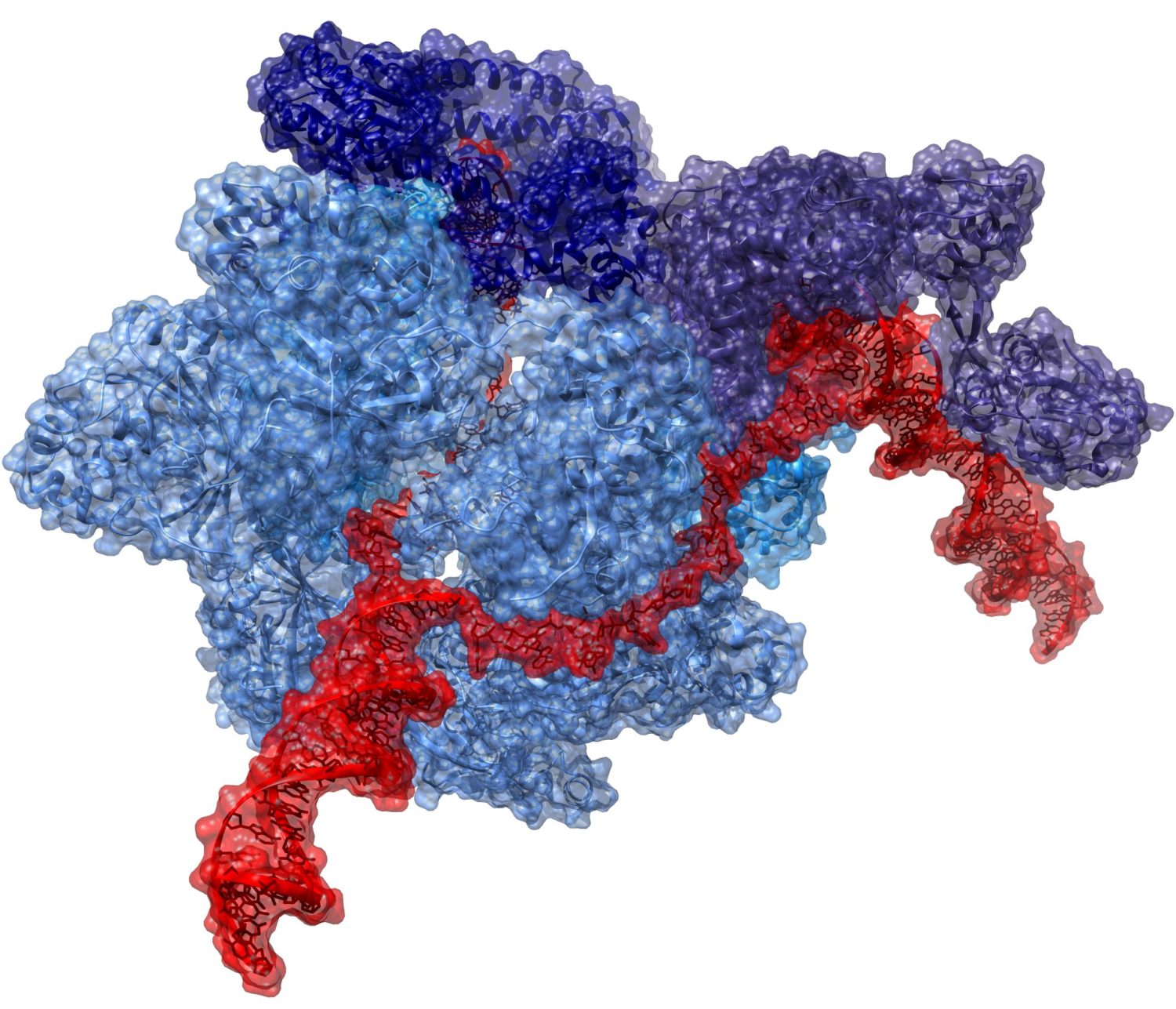Laboratory of DNA replication & repair
DNA molecules are carriers of genetic information. The replisome is a dynamic multi-protein molecular machine that synthesizes DNA allowing for the passage of genetic information from one generation to another. Intrinsic dynamics and complexity of the replisome make it challenging for structural and biochemical studies using ensemble-averaging techniques. As a consequence, to date structural information is scarce and the molecular mechanisms for coordination of DNA synthesis are poorly understood.
Nearly three hundred mutations have been identified to date in the sequence of mitochondrial replication proteins. These mutations play a causative role in development of cancer and neurodegenerative mitochondrial disorders. Approximately one in four thousand individuals is at risk of developing a mitochondrial disease; nearly fifty percent of those affected are children. Currently, there is no pharmacological treatment for mitochondrial diseases. Due to the lack of structural data, an exact mechanism by which altered replication proteins affect replisome function is not known.
Our laboratory integrates structural approaches, in particular single-particle cryo-electron microscopy (cryo-EM) and single-molecule methods to study DNA replication and repair in human mitochondria. We also develop novel correlative light and electron microscopy (CLEM) techniques that allow simultaneous visualization of an enzymatic activity and structure determination. By using the above methods we expect to reveal mechanistic information that may subsequently facilitate development of novel therapeutics.

